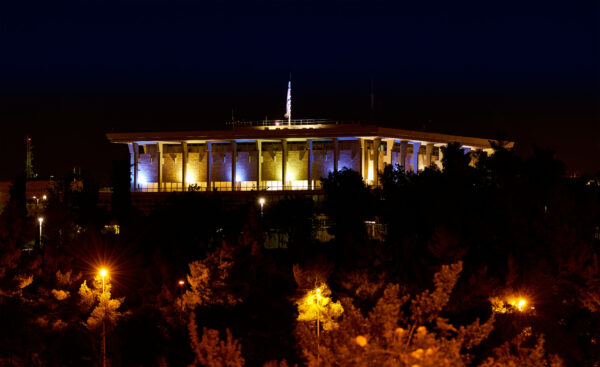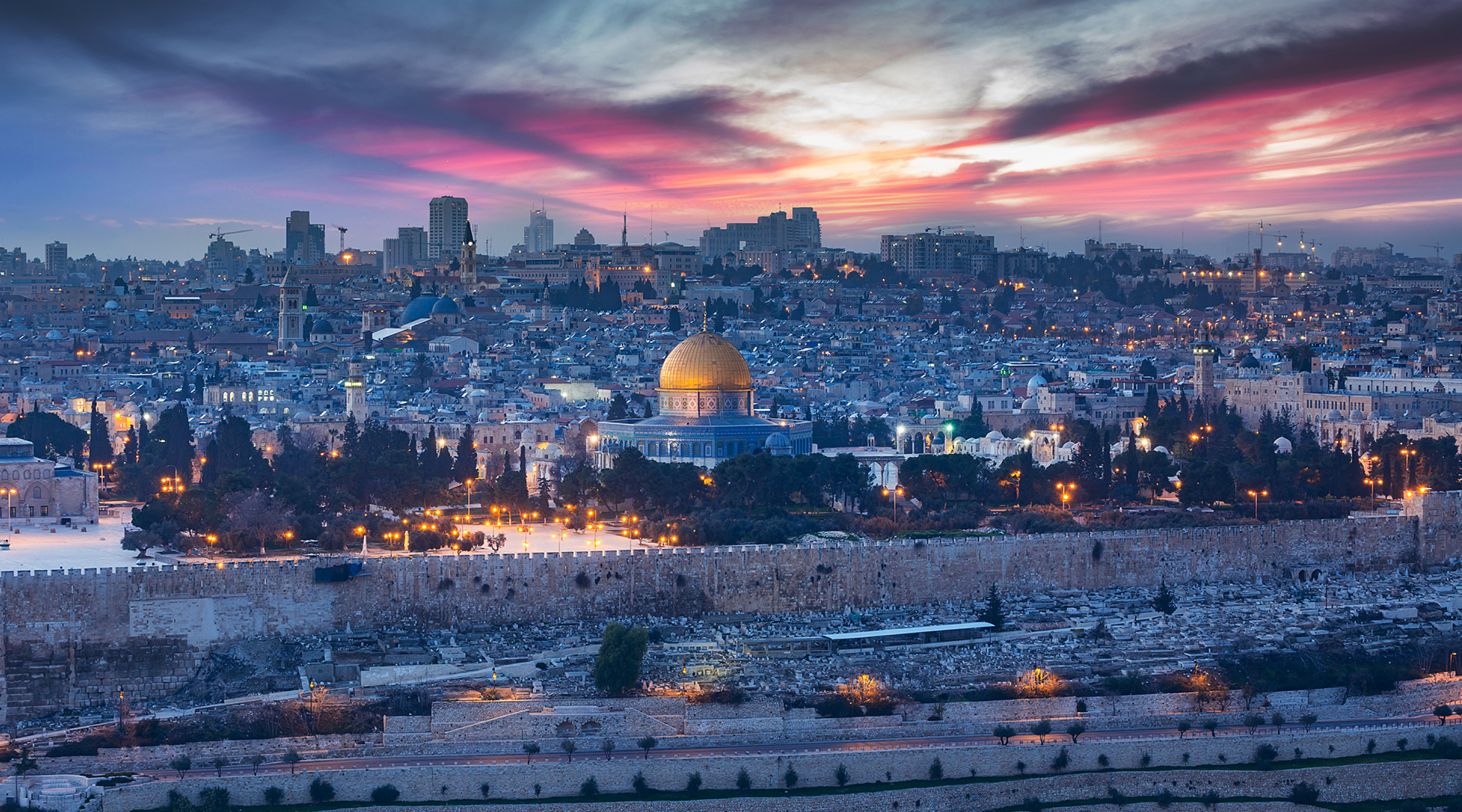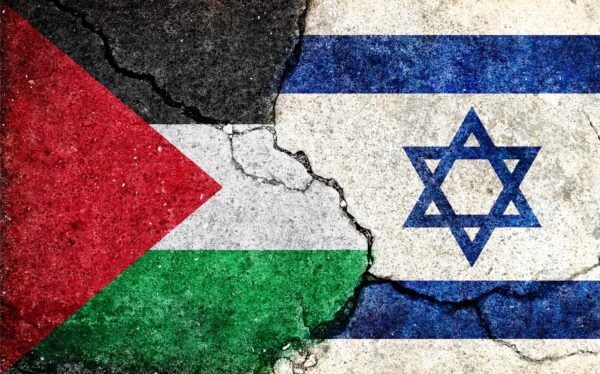
Earlier today, Israel’s governing body, the Knesset voted 99-11 against any unilateral recognition of a Palestinian State. Here’s the text of the statement approved by the Knesset:
1. Israel utterly rejects international diktats regarding a permanent settlement with the Palestinians. A settlement, if it is to be reached, will come about solely through direct negotiations between the parties, without preconditions.
2. Israel will continue to oppose unilateral recognition of a Palestinian state. Such recognition in the wake of the October 7th massacre would be a massive and unprecedented reward to terrorism and would prevent any future peace settlement. (Jewish News Syndicate)
Prior to today’s vote in the Knesset, Israel’s Prime Minister, Benjamin Netanyahu, made it clear that he strongly opposed any unilateral recognition of a Palestinian state when he said, “In the last few days we are witnessing a new type of pressure: An attempt to unilaterally impose upon us the establishment of a Palestinian state that would endanger the existence of Israel. We reject it outright. My position was and remains clear, and only got stronger after the terrible massacre of October 7th.” (Jewish News Syndicate)
What was the source of this “new type of pressure” that Netanyahu was referring to?
Last week, the Jewish News Syndicate reported that the Biden administration and “its Arab partners are ‘rushing’ to finalize the plan to establish a Palestinian state – a plan that could be announced in the next few weeks with hopes that a deal to release the remaining 134 hostages held by Hamas terrorists in Gaza in exchange for a six-week pause in fighting takes effect before Ramadan,” which begins on or around March 10th.
The Biden administration believes that a unilateral recognition of a Palestinian State may pave the way for normalization between Israel and Saudi Arabia and other Arab states. At the same time, the White House is confident that a demilitarized Gaza can be achieved and maintained so that Israel’s security will never be threatened.
What precipitated the Knesset’s vote was the fact that the U.S. has not included Israel in its dialogue with other Arab nations. And the Knesset’s vote reflects the vast majority of Israeli Jews who are opposed to a Palestinian state after Israel was attacked by Hamas on October 7th.
During an interview this week on the Caroline Glick Show, Israeli Minister of Diaspora Affairs, Amichai Chikli said that “92% of Israeli Jews” are opposed to the establishment of a Palestinian state because they do not believe that Israel state can peacefully co-exist with a Palestinian state as its neighbor.
Question: What do Netanyahu, the Knesset, and the Israeli Jewish population recognize about the Palestinian problem that the Biden administration and the rest of the western world refuse to acknowledge?
Answer: The Palestinians in Gaza and the West Bank do not want to peacefully co-exist with Israel because they are committed to a One-State Solution; a.k.a., Hitler’s “Final Solution” for the Jews, meaning the annihilation of the Jews.
During an interview earlier this month, Hamas Leader Khaled Mashal confirmed that Hamas and the majority of Palestinians reject any Two-State Solution when he said,
“I would like to say two things about the two-state solution. First, we have nothing to do with the two-state solution. We reject this notion, because it means you would get a promise for a state, yet you are required to recognize the legitimacy of the other state, which is the Zionist entity. This is unacceptable. We demand to be liberated, to get rid of the occupation, and to have our independence, and our state. . . I believe that October 7 has enhanced this conviction, has narrowed the disagreements, and has turned the idea of liberating Palestine from the River to the Sea into a realistic idea that has already begun. It is not something to be expected or hoped for. It is part of the plan, part of the agenda, and we are standing on its threshold, Allah willing” (MEMRI).
Netanyahu, the Knesset, and Israeli Jews get it. They understand that Israel will never have peace if terrorism is rewarded.
But let’s be clear, even if the U.S. were to officially recognize a new Palestinian state or refuses to veto its full membership by the U.N., do you honestly believe the likes of Iran or Hezbollah will quietly stand down and welcome the establishment of a Two-State Solution?
And if a new Palestinian state is demilitarized, do you honestly believe it will stay that way for very long? Who will keep the weapons out Gaza and make sure it stays that way? The United Nations? Hasn’t this been tried before in places like Iran? How well did is that working when it comes to monitoring Iran’s nuclear program?
Please join me in praying for the peace of Israel and the leaders of the United States.
by Dr. Matthew Dodd | February 21, 2024



